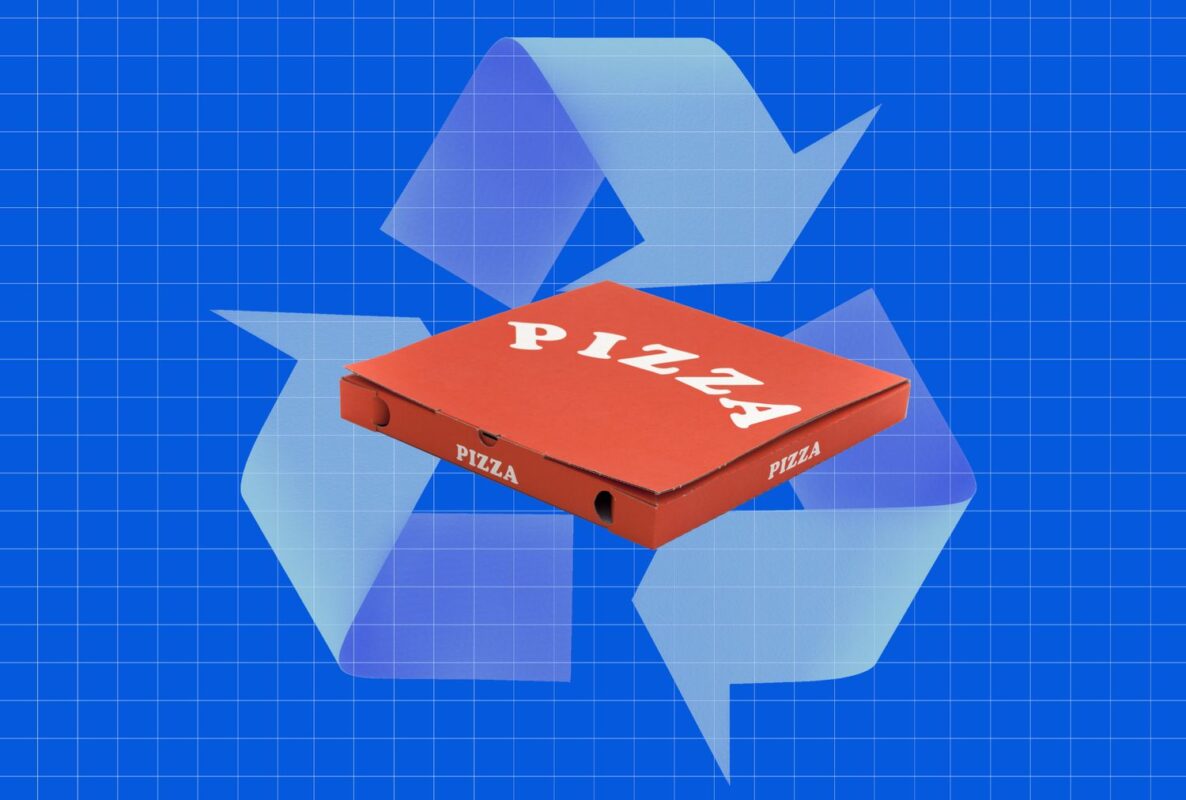Blog
What Is a Trauma Bond—and How Do You Know If You’re in One?

So instead of seeing their outbursts as red flags, you blame yourself, Dr. Welsh says. If only you had handled that conversation differently…if you weren’t so sensitive and jealous…if you spent less time with your friends…then things would be better. As a result of this internalization, it’s also common to walk on eggshells to avoid their anger), for example, or make unfair sacrifices (like distancing yourself from friends, turning a blind eye to cheating) in order to keep the peace. But that kind of self-blame is a key part of trauma bonds, Dr. Welsh says, convincing you that you must endure the mistreatment in order to receive kindness.
3. You isolate yourself to protect the relationship.
According to Chu, “a key marker of being trauma bonded is that you start to withdraw yourself.” For instance, you may avoid reaching out to friends or family because you’re afraid they’ll disapprove of the relationship or offer advice you’re not ready to hear (“This isn’t okay.” “You deserve better.”). Or perhaps your partner is the one who’s separating you by calling your friends “bad influences,” getting angry when you spend time with others, or guilt-tripping you for leaning on anyone else.
When your entire world and support system shrinks down to just one person (the very one who’s making you doubt yourself), it becomes nearly impossible to see how unhealthy things have become. Even worse, the fear of being alone if you do leave can convince you it’s easier (and safer) to stay, Chu adds.
4. You don’t know who you are without them.
In a trauma bond, your identity and self-worth can become so wrapped up in the relationship that even brief separation triggers intense fear, Dr. Messman says—not just of losing them, but of losing yourself.
In healthy relationships, your love life is one aspect of who you are, but it shouldn’t be the only one. Ideally, you’d still have your own friends, hobbies, interests, and routines outside of who you’re dating. But with trauma bonds, that independence usually fades, and “it’s common to start identifying yourself through the lens of, ‘I’m just their partner,’” Dr. Messman says. For those reasons, even small instances of perceived distance (whether it’s a delayed text, shift in tone, or a missed call) can send you spiraling into a panic: Are they going to leave me? What if they don’t love me anymore? And perhaps a deeper question: Who am I without them?
How to break a trauma bond and leave the relationship
1. First, acknowledge it’s a trauma bond—not love.
It’s easy to romanticize those affectionate memories and mistake them for passion, intimacy, or love. But remember that it’s not—and recognizing that (with the signs above) is a key first step for moving on, Chu points out.
For one, naming your experience helps you reframe it: “Rather than telling yourself, I love this person, I need this person, I feel so guilty and so responsible, you’re shifting to something more objective like, I’m experiencing these feelings because I am trauma bonded to them,” Chu explains. That distinction can be an incredibly invalidating reminder that you’re not weak or broken for struggling to let go—your brain is simply conditioned to cling onto those sporadic moments of hope and safety.
2. Confide in someone you trust.
The very problem with trauma bonds is how alone they make you feel, which is only compounded by the fear that others won’t understand or, worse, will judge you.












